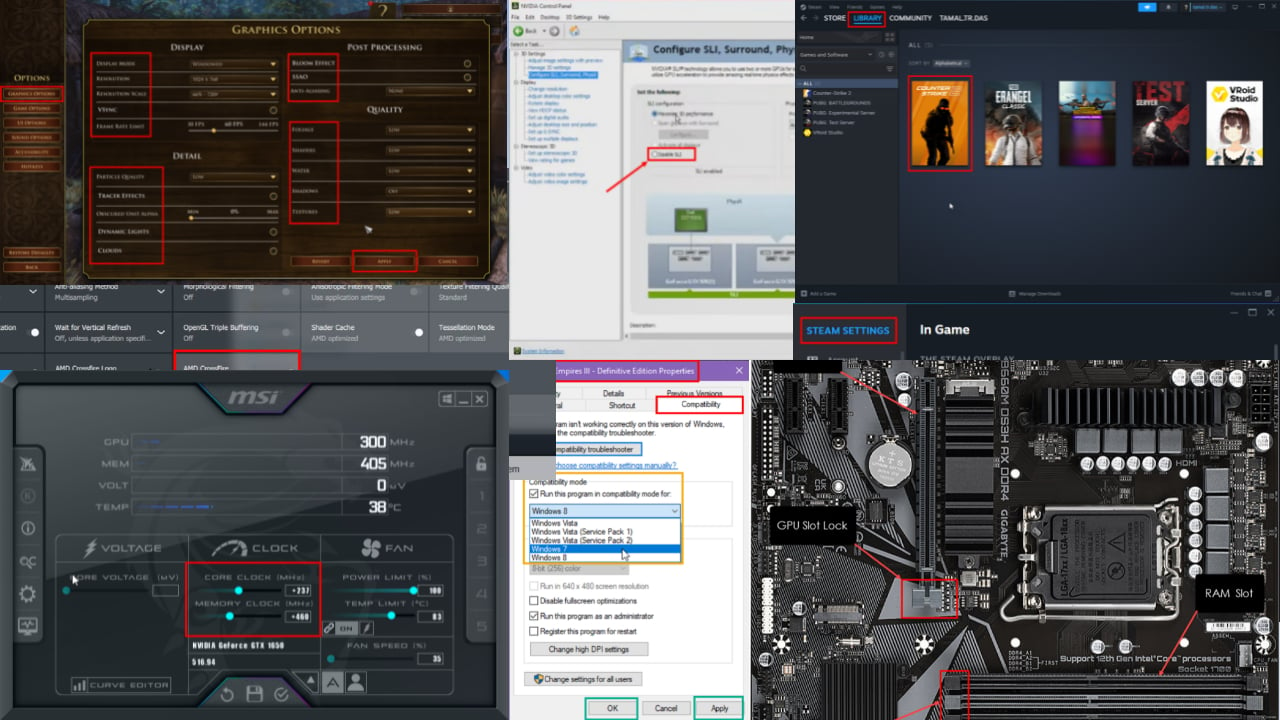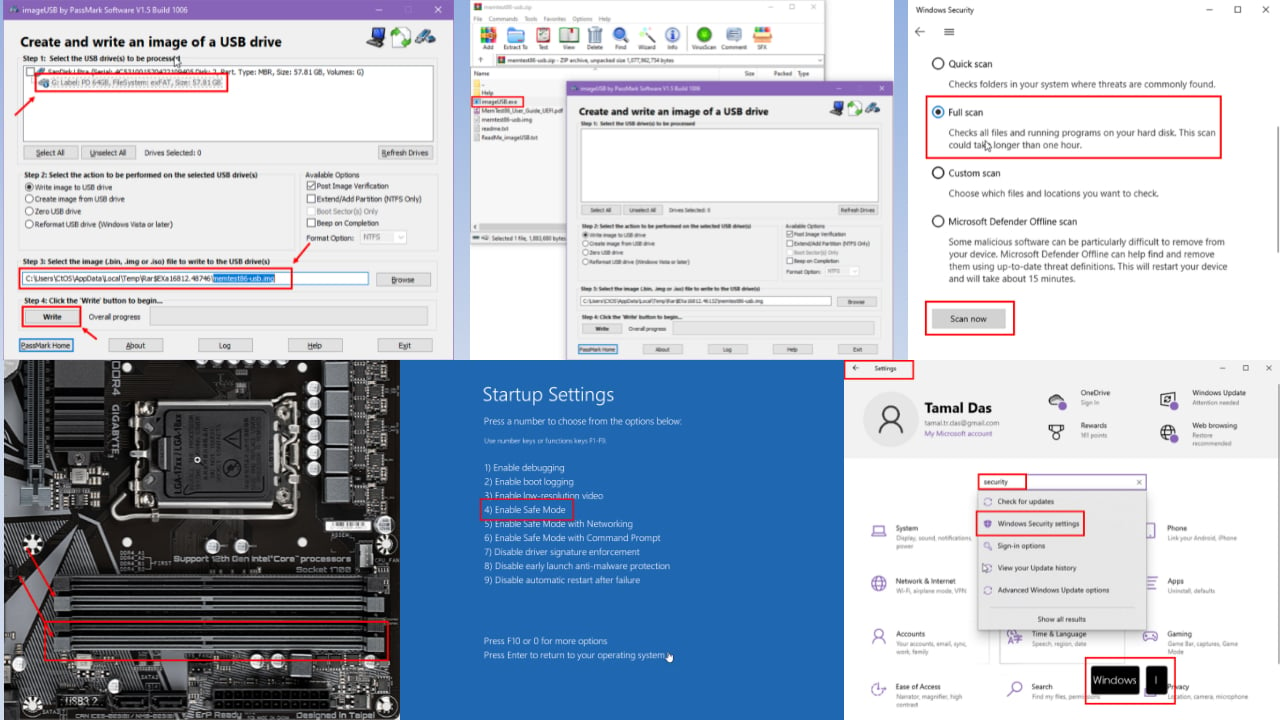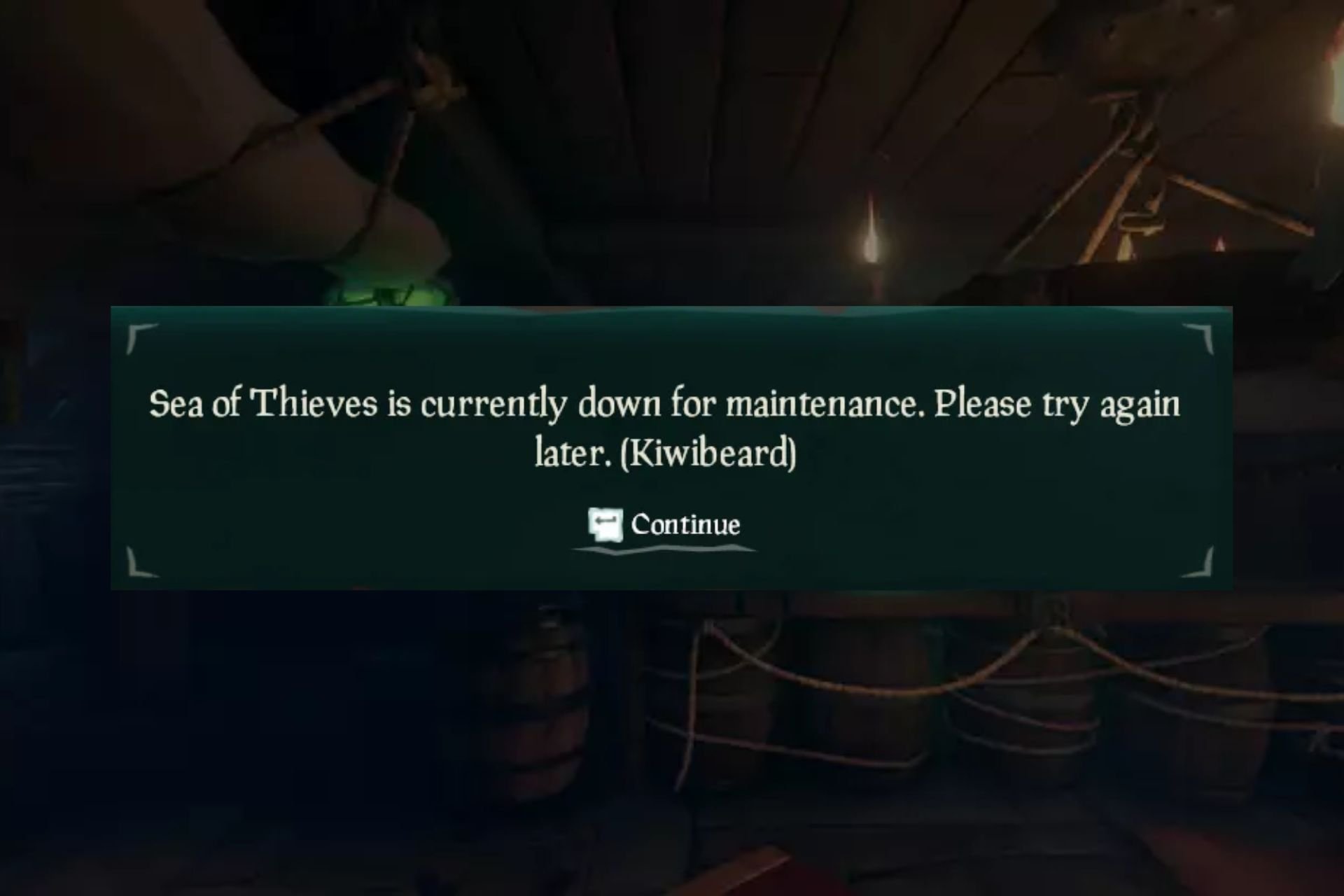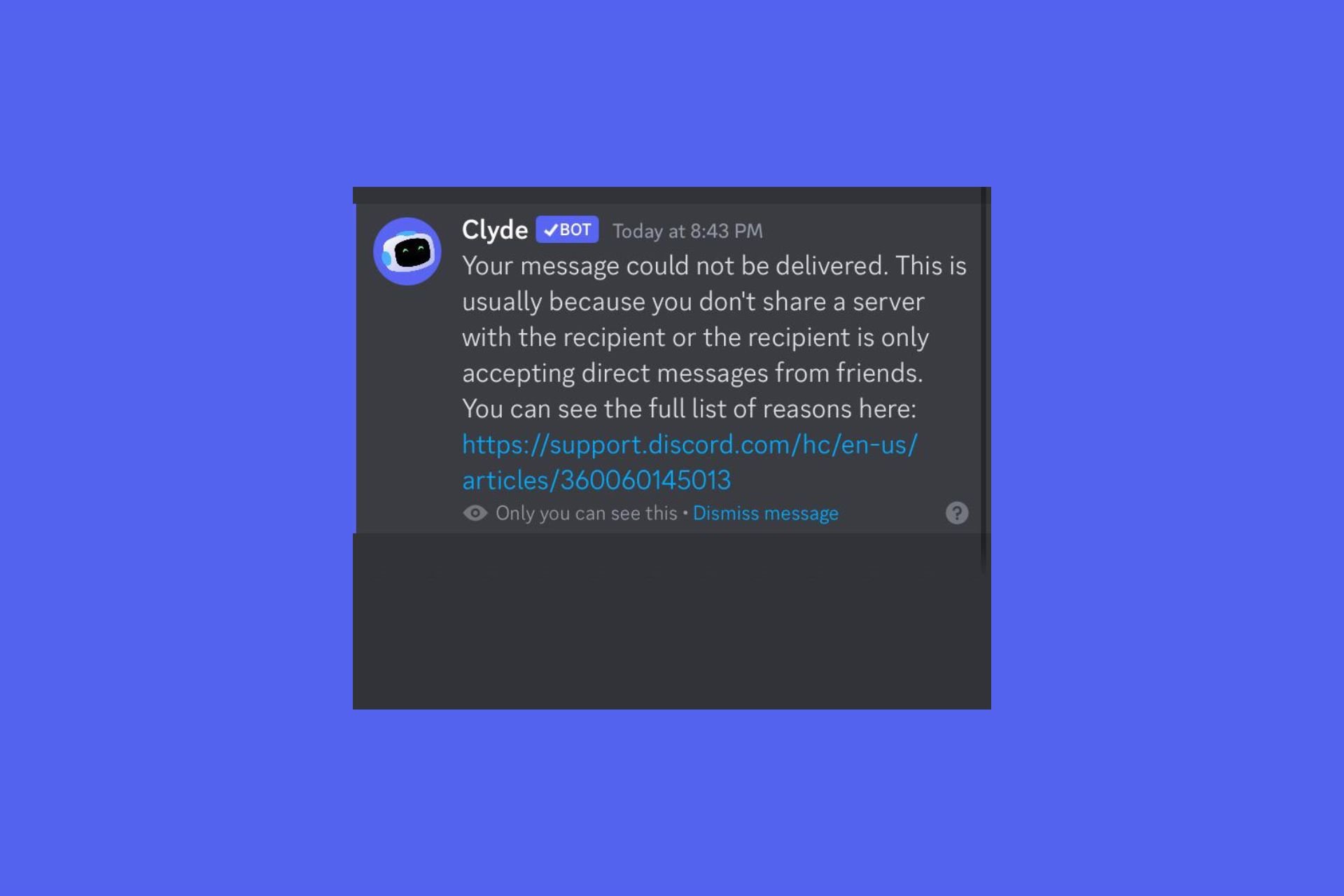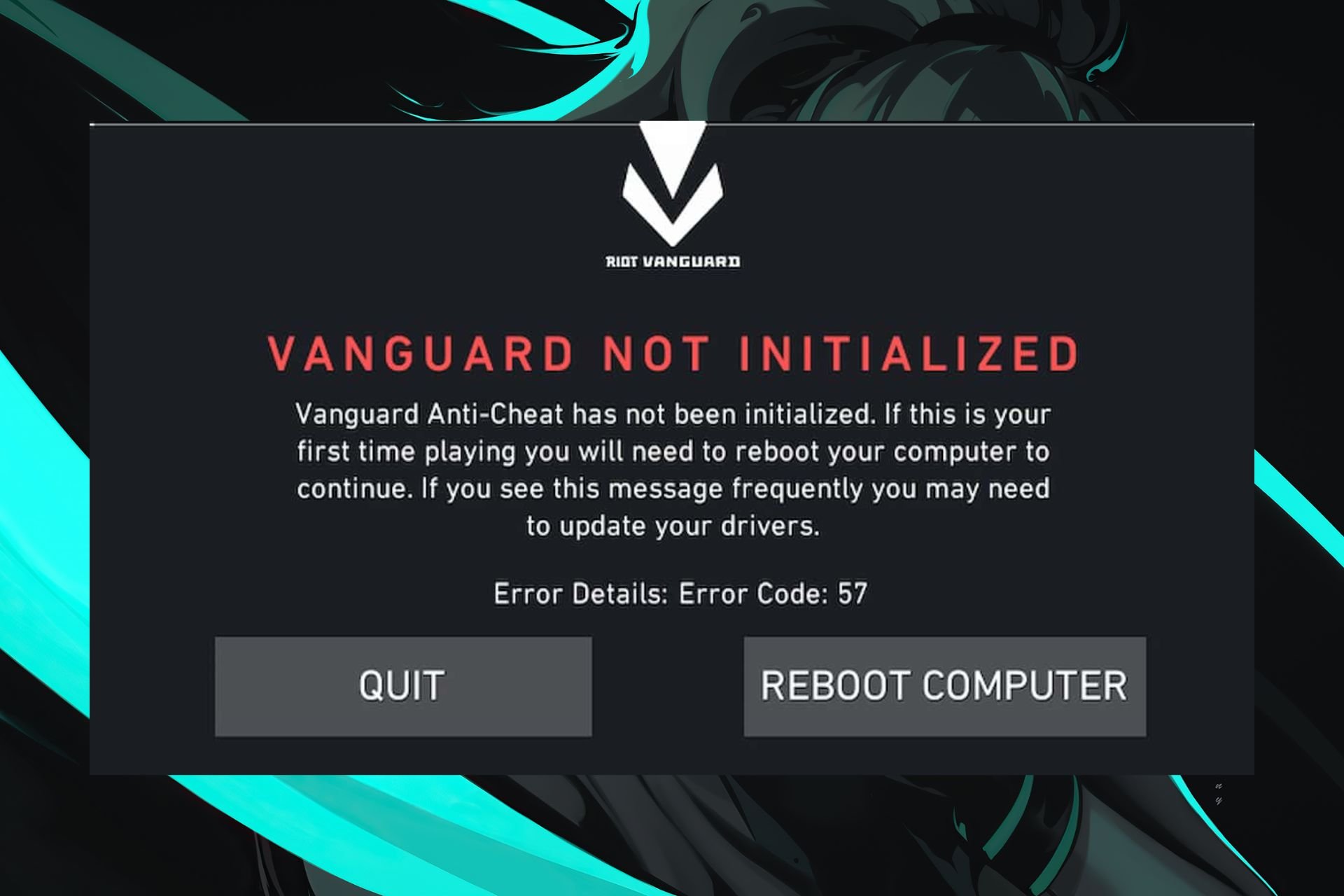Diablo 4: What's the best class and what should you play?
An overview of each class, with its strengths and weaknesses
9 min. read
Published on
Read our disclosure page to find out how can you help Windows Report sustain the editorial team Read more
Key notes
- If you bought Diablo 4 and aren't really sure which class is best for your gaming style, you came to the right place to find out more on the subject
- There are five playable classes, which include Rogue, Barbarian, Sorceress, Necromancer, and Druid, and each has its own strengths and weaknesses
- Whether you are a seasoned Diablo 4 player or new to the game, this article will break down and explain each individual class
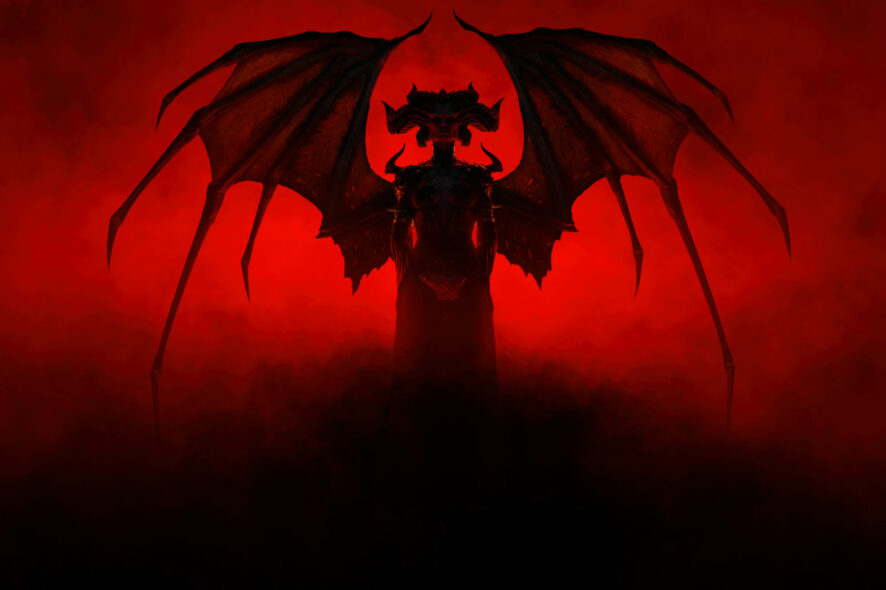
The time you have all been waiting for is finally here. Blizzard has released the long-awaited Diablo 4 game and the hype is through the roof.
The sequel in the Diablo series is actually Blizzard’s fastest-selling game of all time, thanks to pre-orders. Since early access, Diablo 4 users have spent over 100 million hours fighting evil, so far.
Not only experienced Diablo veterans have decided to pick up this interesting game. First-time players were also intrigued and would like to know more about this beloved RPG.
That’s what we’re going to get into today. Hopefully, by the end of the article, you will have a better understanding of the classes and which one is best for your gaming style.
Before we get into it though, we know that there have been problems. Thus, if you can’t redeem your Diablo 4 code, we can show you what to do.
What class should I start Diablo 4 with?
After defeating evil foes such as Mephisto, Baal, Malthael, or Diablo himself, the time has come to face the mother of all evil.
This time around we are going to focus on taking down Lillith, after going through literal armies of undead creatures and other monstrosities.
But which of the available classes is better suited for taking on these immense challenges? Actually, all of them are, it just depends on how you want to go about it.
You can stand back and rely on your powerful spells, deceive and trap your opponents, or simply charge at your foes axe in hand.
That being said, know that some classes are a little stronger than others, and depending on how you like to play, there’s a good chance you’ll have some preferences.
In order to help you pick one to play, we’ve broken down everything you need to know about each one, with an overview of each class, and some class suggestions for beginners and solo players.
As of this moment, the class ranking in Diablo 4 looks a little bit like this:
| Rank | Class |
|---|---|
| S | Druid |
| A | Rogue, Barbarian, Sorcerer |
| B | Necromancer |
Sorcerer
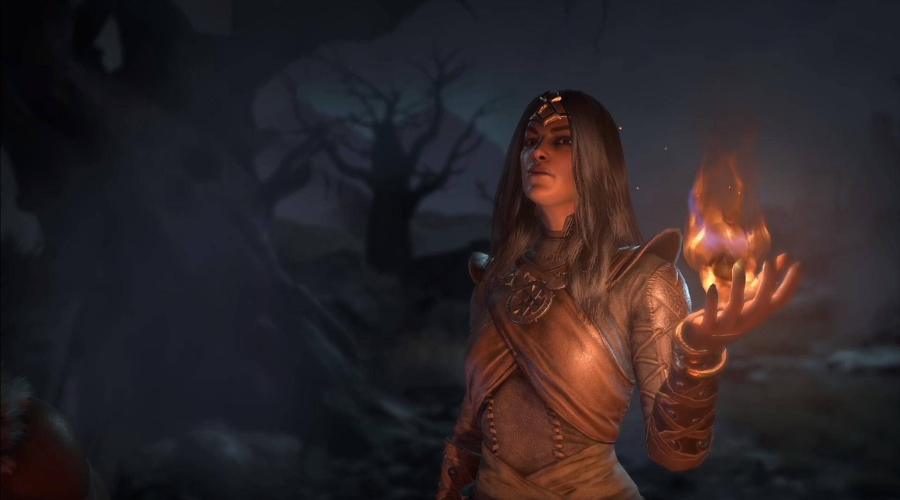
- Strengths: High damage, long-range, plenty of status effects
- Weaknesses: Low health, less effective up close
As you might have imagined, Sorcerers rely on manipulating magic and the power of the elements to gain the upper hand in a fight.
This class is basically the opposite of a Barbarian, as they have low health, but are capable of very high-ranged magic damage.
Keep in mind that, even though they can’t take much punishment, they’re a great class for careful solo players since they can crowd-control groups of enemies very effectively with their spells.
Use frost spells to chill and trap enemies, slowing them down considerably. Fire spells are fantastic for area-of-effect damage and inflicting damage-over-time effects.
Also, lightning spells deal tons of damage when you get critical hits with them. Remember to stay out of the range of your melee enemies.
Sorcerer’s class-specific resource is Mana, which is similar to Rogue Energy in that it comes back over time and can be regenerated faster by using certain skills and talents.
However, careful mana management is crucial for Sorcerers. Using too much too quickly could leave you unable to use spells and things can get tricky.
In conclusion, Sorcerers are a strong addition to co-op teams. Tankier classes such as Barbarians and Druids can absorb punishment or draw aggro away from them.
Barbarian
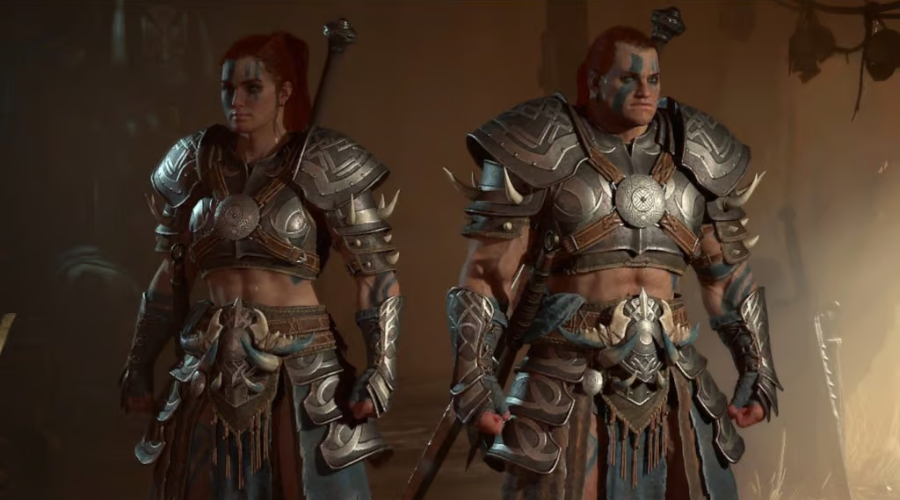
- Strengths: Superior health, very mobile, more forgiving to play
- Weaknesses: Short-range, melee combat can be risky you can get easily overwhelmed
Just as the name suggests, the Barbarians are Diablo 4’s tanky and straightforward melee class, capable of putting out good close-range damage and staying on top of foes with high movement speed.
Barbarians can deal damage over time with Bleed status effects, have plenty of health, and 10% damage resistance, making them easier to play than other classes in most situations.
Yes, it was one of the game’s weakest classes, but Barbarian has surged to the top of the meta thanks to some recent buffs.
The Barbarian’s unique class mechanic is the Arsenal system, which allows you to equip multiple weapons and assign them to individual skills for unique stat bonuses.
As a resource for their most powerful skills, you are going to use Fury, which is rapidly gained while attacking with basic attacks and slowly lost when out of combat.
Keep in mind that Barbarians will struggle more than other classes when facing enemies at a distance, as the Barbarian skill tree doesn’t have any effective ranged options.
Furthermore, enemy crowd control spells and tricks will drastically limit their ability to close the distance if they get hit too often.
If you like this hands-on approach and enjoy charging and smashing through your enemies, you should definitely try this class.
Necromancer
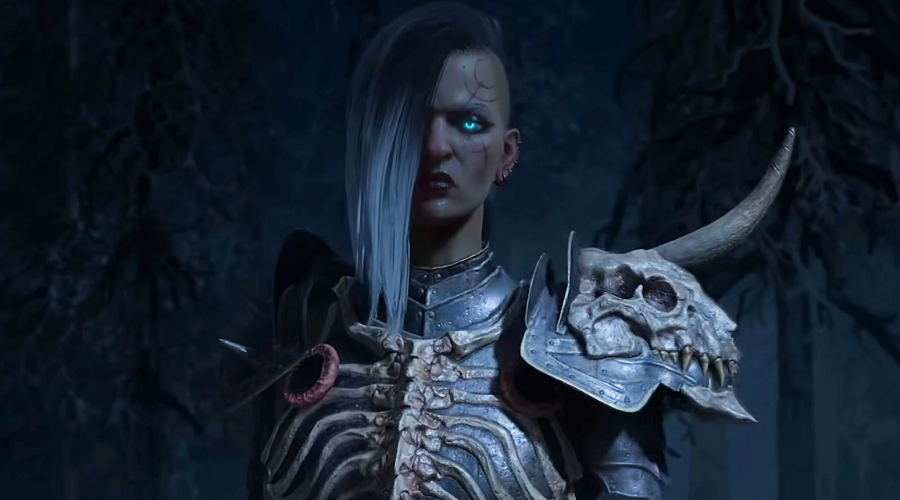
- Strengths: Balanced playstyle, use minions to defeat enemies
- Weaknesses: Slow, lacks a precise specialization mastery
Are you a fan of monsters, horror movies, and undead monstrosities? Well, if so, the Necromancer class will be right up your alley.
In fact, the extremely versatile Necromancer is capable of both ranged and melee combat, and can summon armies of undead minions that fight on his behalf.
You can even wield fierce Bone, Shadow, and Blood magic that can be used to crowd control groups and convert damage into health.
With a wide array of diverse abilities and minion customization options on the Necromancer skill tree, it’s the most adaptable class in the game by design.
They’re pretty much strong in any situation, including both single and multiplayer. Remember that Necromancers are also one of the best classes for solo play since they don’t have any major weaknesses.
One of the Necromancer’s weaknesses is that it’s not as specialized as something like the Barbarian or Sorcerer when we draw the line.
This class trades maximum potential for versatility, and that’s going to be more of a win in most situations.
Another thing holding the class back is that it’s slow and doesn’t have any mobility options, which can be a problem in endgame scenarios.
Blizzard has nerfed Necromancer’s minions in subsequent beta patches, leaving a bit of a question mark over how they will scale into the endgame.
Rogue
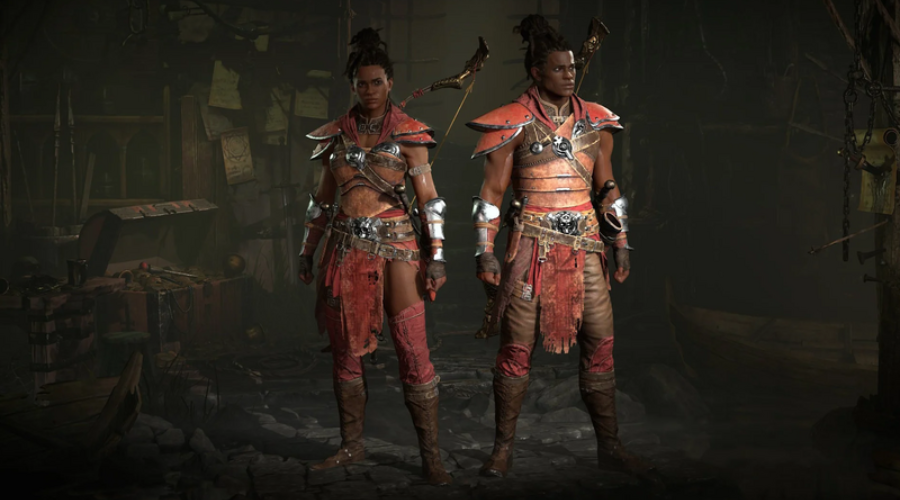
- Strengths: Highly versatile, huge crit damage, lots of status effects
- Weaknesses: A bit more challenging to play, not very resilient,
You might want to know that Rogues are one of the most versatile classes in the game. They can attack enemies from afar with bows or up close with daggers, or trap them.
Rogues are capable of dealing huge critical damage, and can also imbue their weapons with magic or lay deadly traps to inflict various status effects.
They can begin choosing class-exclusive specializations once they reach level 15, which are essentially bonus mechanics that change how your skills interact with one another.
If you decide to play Rogue, you will use Energy as your primary resource, which is slowly regenerated over time.
Some abilities and talents on the Rogue skill tree, however, improve its regeneration rate or give you a certain amount of Energy points back when used.
Don’t shrug this off, as it can drastically increase your uptime with powerful abilities that require it and make you hit harder and harder to hit.
A lot more elusive and deceitful, Rogues are kind of difficult to play compared to other classes, so you may want to start with an easier class.
Why? Well, because they don’t have a ton of health, and also because managing your skills and Energy efficiently is very important as a Rogue.
Druid
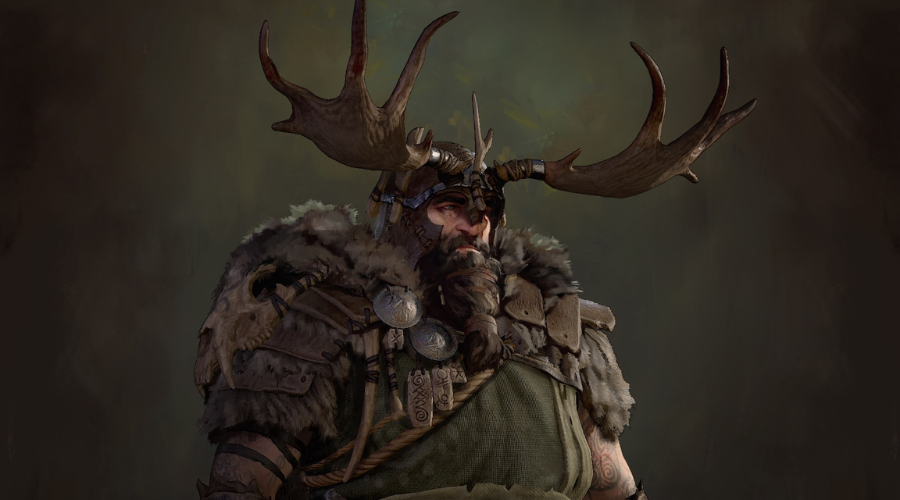
- Strengths: Resilient, versatile, pretty good at crowd control
- Weaknesses: Crit-dependent, requires damage ramps for some setups
We’ve saved the best for last. Druid is definitely the class to play if you are into shapeshifting and manipulating the elements.
Yes, the Druid is similar to the Barbarian in that the class’ focus is, for the most part, melee damage and tanking opponents.
With this class, you can shapeshift into Werewolf and Werebear forms, with the former boasting high attack speed and crit damage and the latter offering more area-of-effect options and a larger health pool.
Druids are also a bit stronger than some of the other classes in general, and while they’re not quite as tanky as Barbarians, you can still soak up a ton of damage in your Werebear form.
Gamers say that playing on World Tier 2, Druid gets a little rough with damage output in the mid-30s, but once they start unlocking legendary affixes, their damage really ramps up.
Talents offer limited options for ranged combat, but the class can call upon the powers of nature to damage and crowd control foes with Earth, Wind, and Lightning magic.
To avoid some disappointment, don’t expect Druids to be able to snipe or nuke enemies quite as effectively as Rogues or Sorcerers.
So, overall, the Druid’s shapeshifting abilities and nature magic make them a pretty versatile class, especially in close-quarters combat.
Indeed, Druids are a little tougher to play than a Barbarian since there’s more to their gameplay loop than simply slashing at everything in sight, but they’re just as effective thanks to their diverse array of skills.
Initially, Druids were the weakest class in Diablo 4. Since then, however, they’ve been buffed significantly and are now arguably the game’s strongest class.
This is what we’re looking at in terms of available classes to play in Diablo 4. Go with the flow and play whatever you enjoy, as long as you are having a good time.
True, some classes can be a bit more challenging than others, but that doesn’t mean you won’t get good at playing with them.
It all comes down to a little practice and what you are mostly comfortable with. Share with us in the comments below what you’ve decided to go with.

